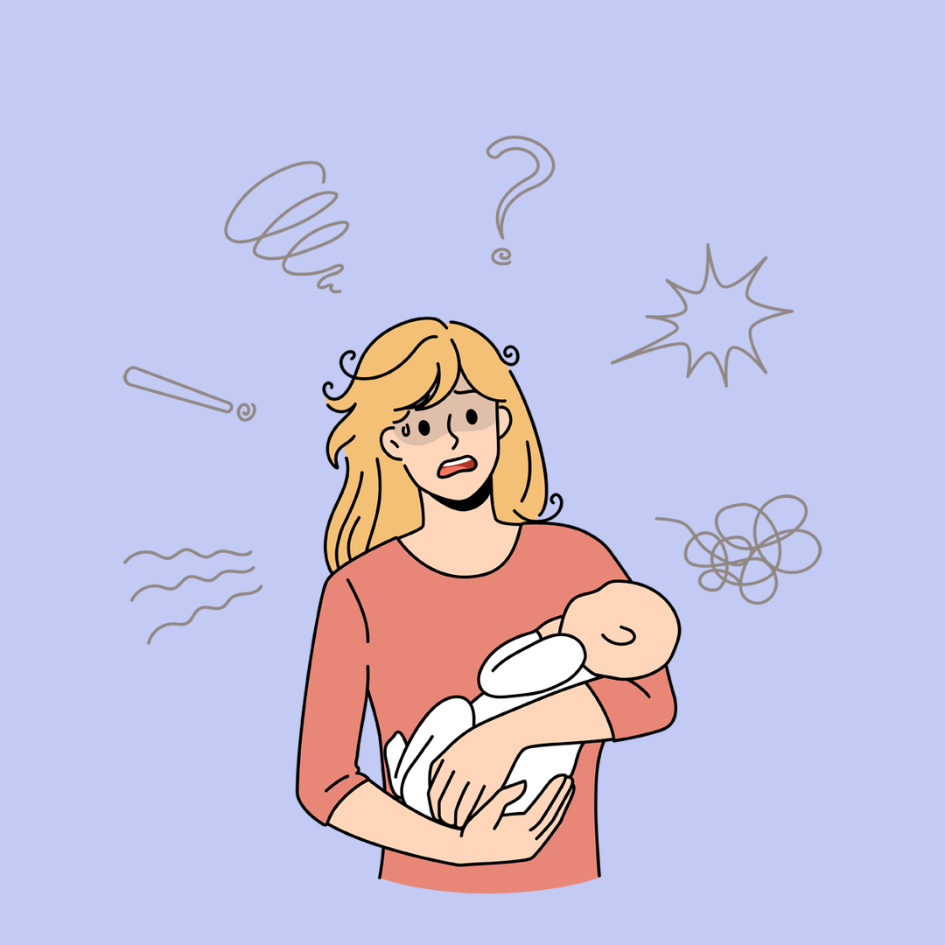
Pregnancy and Postpartum
Common Compulsive Behaviors in Pregnancy and Postpartum
- Accidental harm: e.g., What if I drop the baby down the stairs? What if I eat something contaminated? Intrusive images of the baby drowning.
- Compulsive checking behaviors related to the baby's safety (e.g., checking the baby's breathing or body temperature repeatedly)
- Sickness or death: e.g., Images of the baby not breathing or Difficulty in letting others care for the baby due to a lack of trust or fear of inadequate care.
- Purposeful physical or sexual harm to the baby: e.g., What if something comes over me and I kill my baby? What if I become a pedophile?
- Being a “bad” parent: e.g., What if I cause lasting damage to my child? What if my baby comes and I don’t feel love or attachment?
- Perfectionism: e.g, Rigid routines related to childcare or prenatal care, Everything in the house needs to be a certain way.
Pregnancy and Postpartum Treatment in Rockville Center, NY
Perinatal Mood & Anxiety Disorder Therapy in Rockville Centre, NY
It is critical to make your mental well-being a priority during this time period. Therapy available in Rockville Centre and online across NY & NJ. Contact us.

